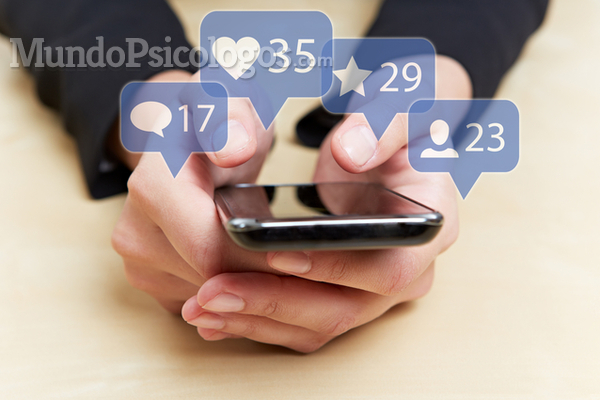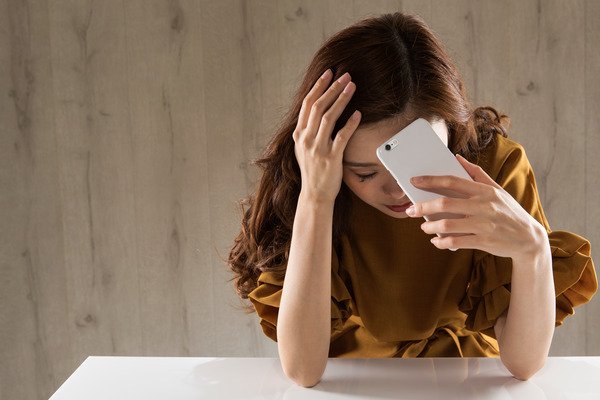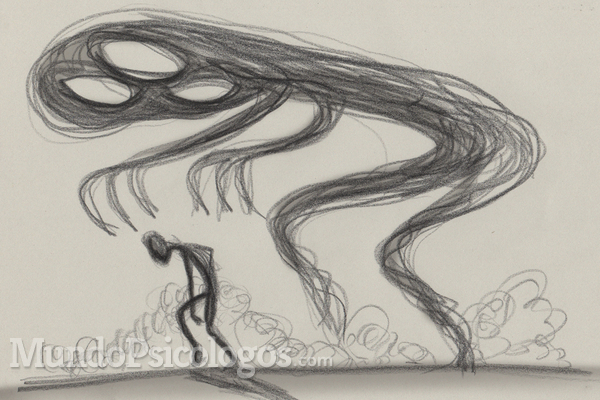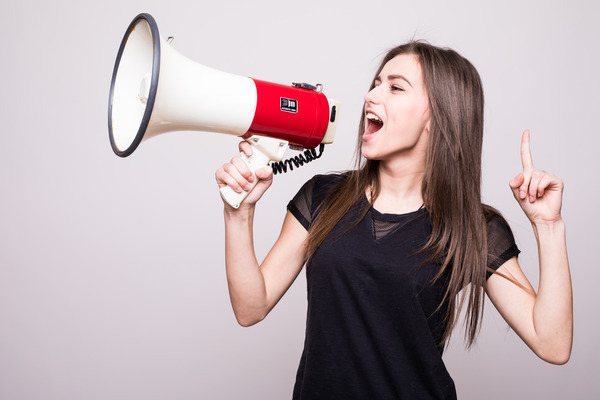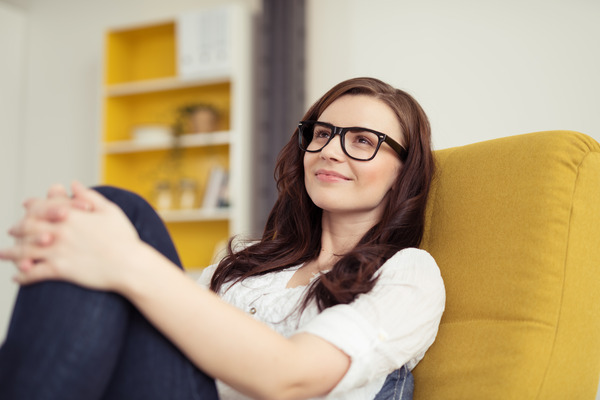Are you afraid to get naked in front of your partner or in social situations like the gym? Today I talk about deshabiliophobia, its causes and what you can do to stop suffering from it.

I have sometimes had people in therapy who either don’t go to the gym at all or go and shower at home (when they have that service included in the fee) because fear of undressing This is just one example of the multiple situations in which dishabliophobia can affect the routine and daily life of people who suffer from it.
Another consequence that this problem can cause is the avoidance of going to beaches and swimming pools (even if they are not nudists, there is great exposure of the body), not to mention the difficulties in sexual relations, where the bedding as a “shield” or the light off and that can lead to routine and/or boredom and therefore, relationship problems.
What is dishabliophobia?
It is a phobia Specifically, we are talking about a phobia of undressing. As you already know, phobia means a disproportionate fear and so many times irrational to something. For example, people who have a phobia of dogs usually consider their fear as something absurd, since they know very well that these animals are usually very friendly and feel great loyalty to humans, but nevertheless, they cannot avoid crossing the sidewalk every time. who see a specimen even if it is tied.
Well, dishabliophobia is about irrational fear and/or anxiety disproportionate to getting naked at a social level. Obviously this problem does not usually appear in the privacy of the bathroom, but when it comes to showing one’s body to other people.
Why do you suffer from deshabliophobia?
There may be several Causes of this problem, which I will detail below:
- Phobia or social anxiety: In this case, dishabliophobia would be another symptom of a greater phobia, social phobia. The person may be happy with their body, although there is always some complex due to the demands of society, but in general terms the problem is not body dissatisfaction. The conflict occurs with the fact of feeling exposed, being the center of attention and gaze of another person/s. It doesn’t necessarily have to be fear of negative evaluation, that is, of being criticized, but simply of being the center of attention for a moment. We know that a naked body draws attention, for example, even if you are at the gym on your own, when someone undresses your gaze goes to the other person’s body for a moment, even if you don’t look too closely and then go back to your own thing. Well, that moment is what generates great anxiety for those who suffer from social phobia. Thus, those who have social anxiety usually have deshabilophobia as well as other symptoms that have to do with relationships with others.
- Low self-esteem, self-image and self-concept: People who have low self-esteem tend to feel unfit, capable and attractive, which is why they tend to feel bad about their own body. They do not value their physical appearance enough and focus more on their flaws than on what is good about them, believing that others will do the same as him/her. Thus, deshabilophobia may appear in those people whose self-esteem is impaired because they consider that they will be criticized or if they expose their body to other person(s).
- Dysmorphophobia: I have once talked about this body image disorder. Unlike low self-esteem where the person is not able to see their virtues and focuses on the defects that may be real although the person is as if seeing them with a magnifying glass (it makes them bigger and more important), dysmorphophobia or disorder Body dysmorphic is characterized by a distortion in body image. That is, the person becomes obsessed with a specific part of their body, believing that it is disproportionate, large, small or ugly and feels that this defect causes their entire person to be unpleasant to look at. People who suffer from this disorder usually have a special fixation on physical appearance and attribute greater importance to it than it really has. They tend to be regular clients of beauty and cosmetic surgery centers, since when they manage to change what was “wrong”, another aspect of the physique becomes the objective.
- Eating disorders (ED): People who suffer from anorexia, bulimia, binge eating disorder or any other eating disorder are often afraid of undressing, since these disorders usually lead to distortion of body image or sometimes it is simply due to the very high self-demand with the body. Be that as it may, exposing yourself to other people can be a real torture for those who suffer from EDs.
What can I do if I suffer from dishabliophobia?
- Detect what is causing the problem: Which of the above causes do you identify with? To work on the difficulties you first have to know them, so think about what is causing this problem for you.
- Talk to your partner or friends: Your partner will surely appreciate it if you explain what is happening to you. Perhaps it can help you feel a little more comfortable in sexual situations or simply sharing the problem stops it being a taboo topic between you and can be faced more easily. If you don’t have a partner, it is still important that you talk about it with someone, friends or family who can listen to you, give you their point of view and help you stop hiding it for longer. That way it becomes “real” and you can deal with it.
- Work on your fears: The next step is to focus on working on those difficulties. All of them are very difficult to make by yourself and you can get frustrated. Furthermore, avoiding situations of nudity binds you and makes you a slave to yourself when you can feel free. I advise you to go to a psychology center where a professional can help you work on the cause of your problems and as a consequence stop suffering from dishabliophobia.
Encarni Muñoz Silva
Health psychologist, member number 16918

